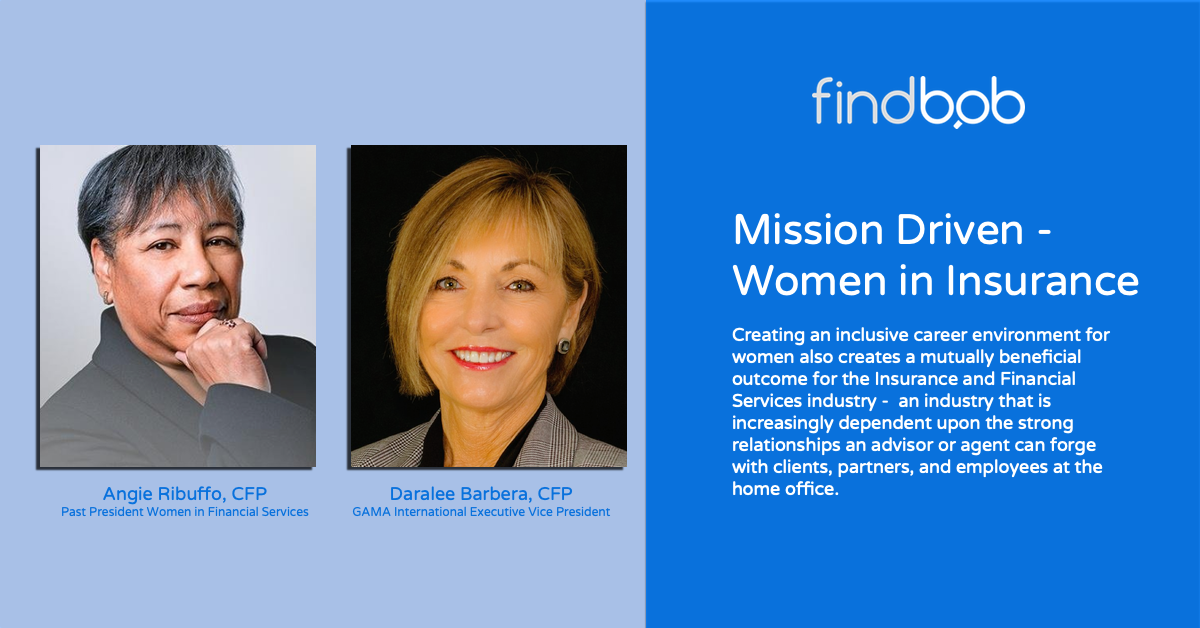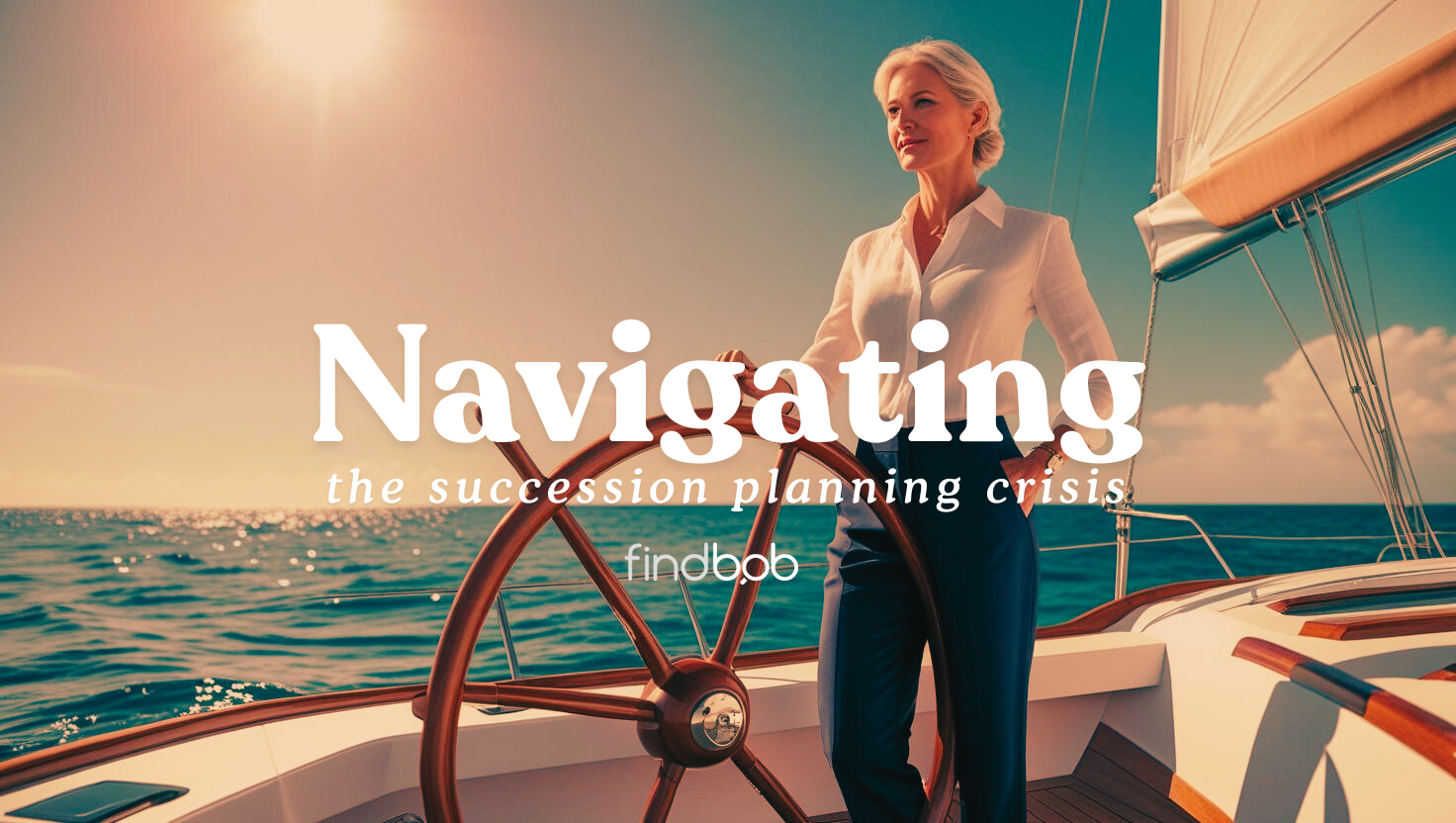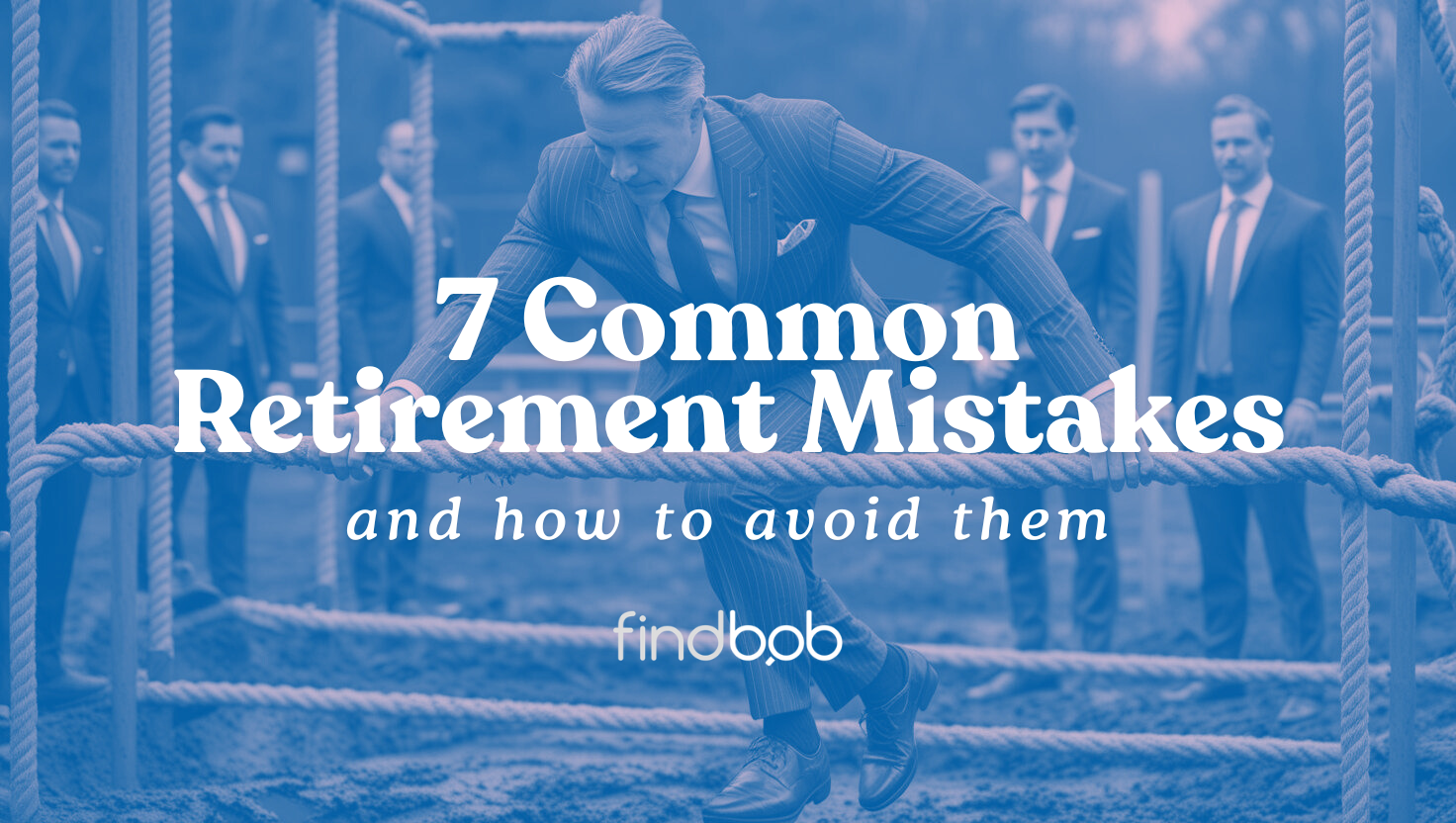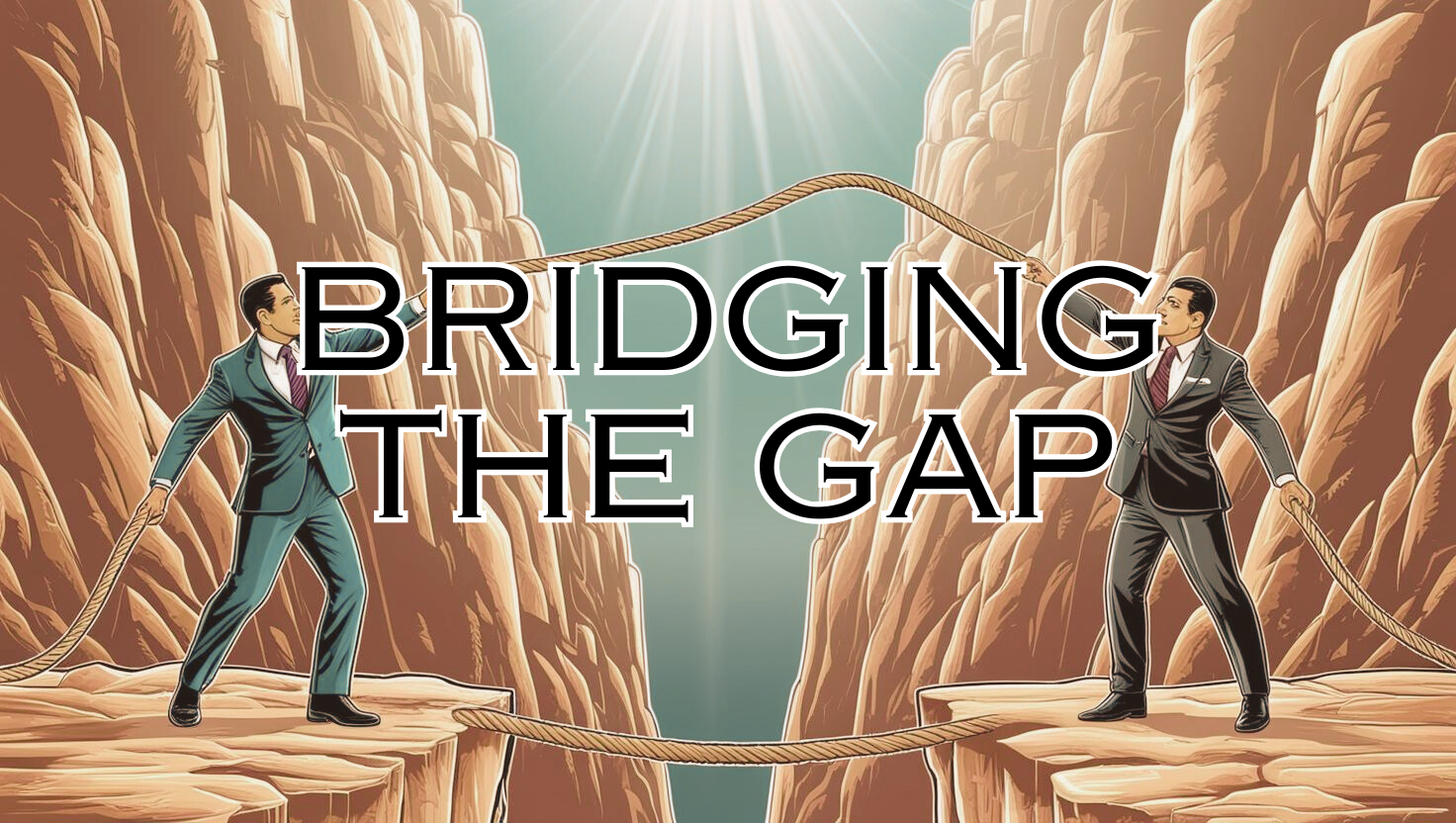Women are often natural service providers when it comes to financial planning. They excel at relationship building and many are naturally-inclined educators.
And although the industry is still rather male-dominated, aspects of it are changing slowly, making the career option a more appealing one for women of all ages.
Much like their male counterparts, women who change careers to become financial planners later in life often have a natural market they can serve, life experience to they can use to help clients understand complex concepts, and they bring a passion to be of service to their natural markets. Millennial advisors, meanwhile, also have a natural market to serve (other millennials) and bring a tech-savviness to the job that older advisors sometimes struggle with.
Across the board, however, whether they’re young or embarking on their second (or third) career, there are a number of insurance career job aspects that more women are coming to appreciate.
Job flexibility coupled with the ability to earn a good income is particularly attractive as more women find themselves in a position where they are both primary caregivers and primary bread-winners in their family.
Women also tend to be very mission-driven and service-oriented, making them a natural fit in an industry that is increasingly beginning to value a relationship-building approach over the more traditional focus where immediate sales were once the only yardstick for success.
“The financial services profession really allows you to have a tremendous impact and be able to fulfill that service mindset in a very concrete and substantial way,” says CFP and GAMA International executive vice president, Daralee Barbera. “It’s a profession that matters so much. There are so many people out there counting on their financial advisors to be leaders, to do the best job possible for them. It’s a big responsibility but it’s an exciting responsibility.”
To attract and retain women, both Barbera and Angie Ribuffo, CFP and immediate past president of Women in Insurance and Financial Services say the industry needs to move away from the assumption that one size fits all when recruiting, training and working with advisors.
“The way you train and bring on men is not the same way you should train and bring on women,” Ribuffo says. “When I came into the profession, I was trained just like my male counterparts and, honestly, it did not feel right to me. To this day my male colleagues, for the most part, are very transaction-based. They look at it from a transactional perspective. I’m the one sitting in the office having a conversation about babies or who’s graduating from high school. I have a different type of relationship with my clients.” Not recognizing this difference and instead focusing intently on production numbers, she adds, is counterintuitive and frustrating for many female advisors.
Similarly, both Ribuffo and Barbera say companies are beginning to recognize that mandatory morning staff meetings often don’t work for those who are also tasked with the job of getting children to school on time. “Have you asked your agents or advisors if that eight o’clock staff meeting works for them? It’s the little things that let your advisors know you are aware of the nuances,” Ribuffo says.
To attract and retain women, Ribuffo and Barbera recommend the following:
1. Consider setting up good mentorship programs and other support mechanisms; teach women how to advocate for each other.
2. Make a point of being in places where women go (guest speak at women’s groups, be present on campus) and work to raise the visibility of women in insurance.
3. Communicate your values. Dispense with general marketing and speak specifically to women. “We talk about companies being diverse and inclusive but we don’t really talk about what that means,” Ribuffo says.
“That ultimate goal of helping people is what attracts women to this profession,” she adds. “We are nurturers by design. We nurture and we do it very well. I think that is one of the strongest things we have going for us – we want to help and educate. This is a great field to do that.”




